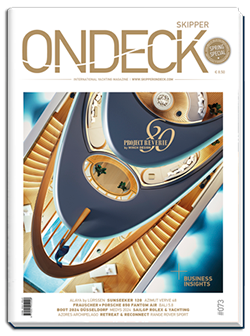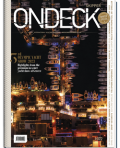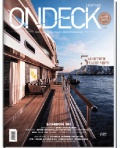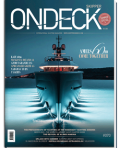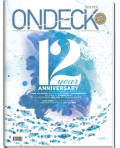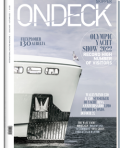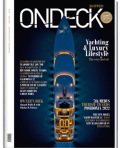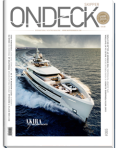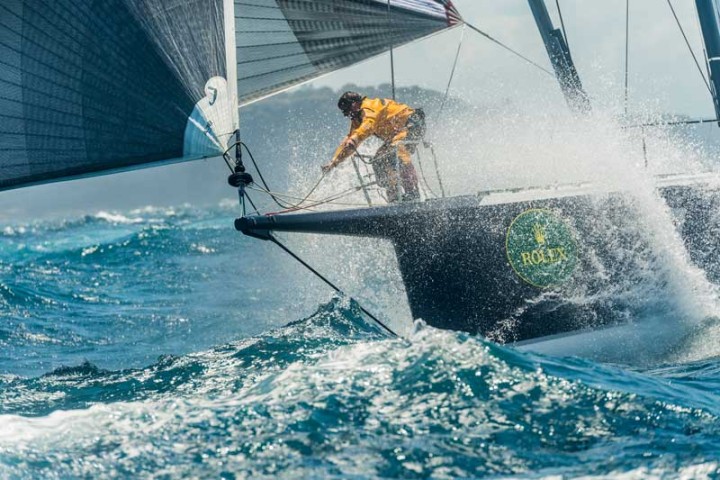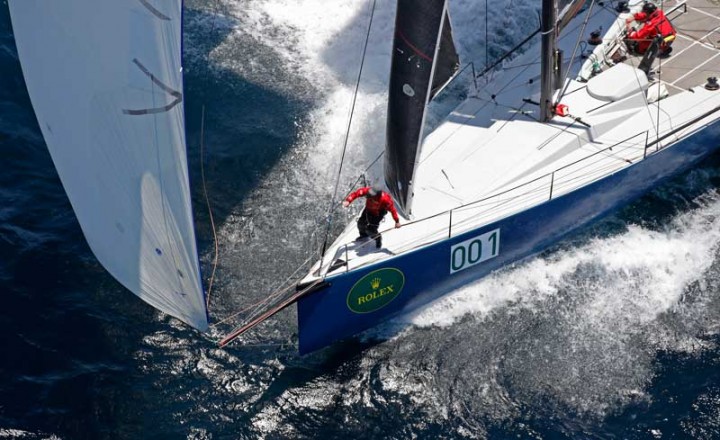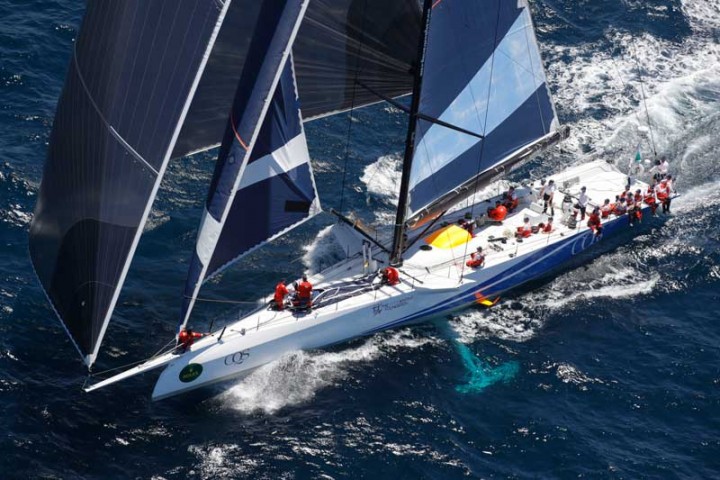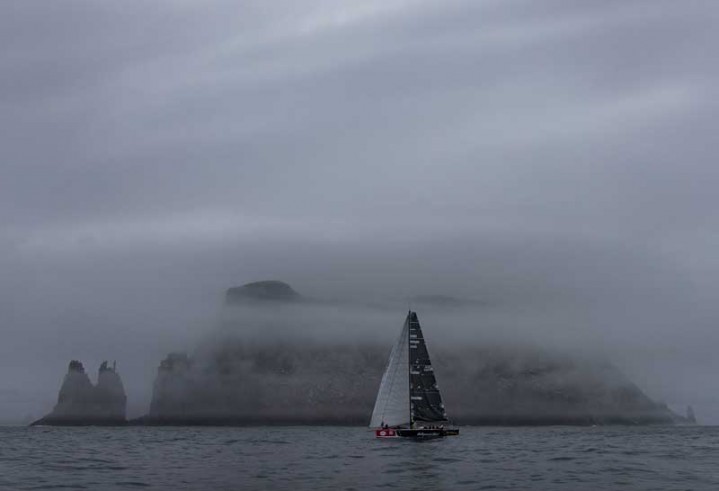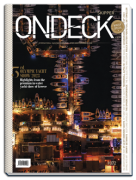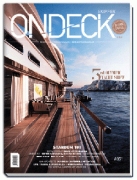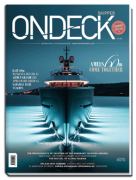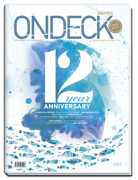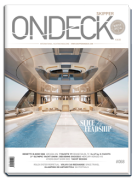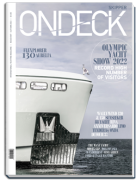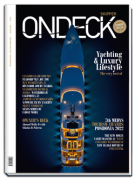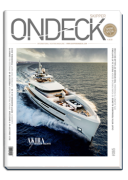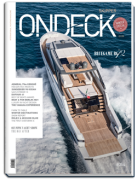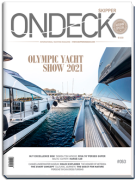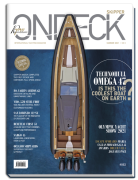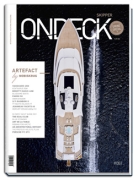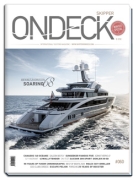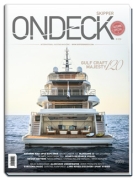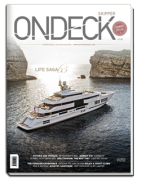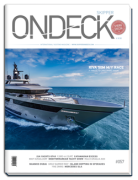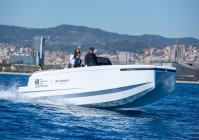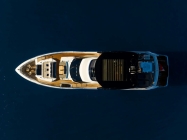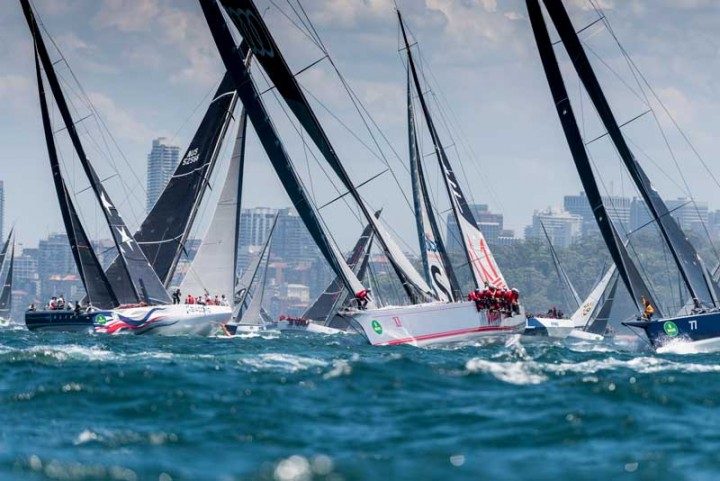
When Paul Clitheroe and his crew on Balance edged over the finish line in Hobart on Wednesday 28 December at 18:00, one statistic at the Rolex Sydney Hobart was extended for another year.
Not since 1965 has a crew successfully defended the Tattersall’s Cup, the much-coveted trophy awarded to the overall race winner on handicap. The statistic confirms the competitive and unpredictable nature of the Rolex Sydney Hobart, two of the factors which entice sailors from throughout Australia and around the world to participate year after year. The Norwegian-born Halvorsen brothers were the last owners to successfully defend their title, sailing the 38-ft yacht Freya to success for three years in a row from 1963 to 1965. This though when the fleet was typically half the size of today’s number of starters.
Clitheroe was in contention for a second straight Rolex Sydney Hobart triumph until his and a cluster of rival yachts endured the becalming conditions of Storm Bay and the Derwent River. “I was thinking to myself that it is hard to get two wins in a row,” was his recollection of the arduously slow approach to Hobart.
As a former winner, Clitheroe provides one reason why it has proved so challenging for any crew to win the race back to back. “It tells you that the way the boats are handicapped is brilliant. Every single part of the boat is measured – length, weight, sail area, mast, keel. The handicapping system is really fair. If one boat was consistently winning overall in a race with different conditions each year you’d really struggle. We all know the boats are fairly treated and we are confident in that.” This confidence in the professional race management is another factor which draws such a sizeable and eclectic international fleet.
“It’s a very difficult race to win,” explains Matt Allen, owner of another TP52, Ichi Ban and former Commodore of organisers the Cruising Yacht Club of Australia (CYCA). He has just completed his 27th race south. “You need to have everything going for you - the right boat, the right crew, managing the tactical side of the race, the boat preparation, knowing how to push the boat and when not to.”
Flawless preparation of both the yacht and crew is a fundamental component of any Rolex Sydney Hobart campaign. Following the personal devastation of retiring from the race in 2014 due to a mast failure, this year’s overall winner Giacomo spent 2015 rebuilding their boat and then 2016 honing crew work in time for this year’s race. Bouncing back from this disappointment and learning from their two previous Rolex Sydney Hobart races was key for the crew from New Zealand. Delegat explains: “It is about a mindset. Winning the race is reward for a long learning experience. We are not the same people today that we were in 2013.” A lesson also in perseverance.
Ludde Ingvall is a two-time line honours winner of the race and, after a long hiatus, returned in 2016 with his significantly revamped 100-ft Maxi CQS. “The race starts the day the previous race ends,” he explains. “You need to have enough preparation time to make yourself safe. You then need a lot of time to get the boat up to its maximum speed. It’s the Mount Everest of yachting. To finish first, you have to finish.
Then, of course, is the most unpredictable variable, the weather. “There are plenty of years where we thought we might have won the race and then somebody behind us has stormed in with great wind or people have parked because of no wind,” explains Allen. “You also need luck such as arriving in the Derwent when there is breeze.” Like Clitheroe, Allen and his crew were victims of the wind shutdown on the notorious approach to Hobart. “Back-to-back wins, I’m not saying it isn’t going to happen again but it’s very difficult,” he adds.
2009 Rolex Sydney Hobart winner Andrew Saies also pinpoints the importance of a favourable weather pattern. “You need a set of particular conditions to all come together for your type of boat to win,” explains the owner of Two True. “It would be very unusual to have an identical weather pattern which represented the conditions your boat won. The weather pattern is not just wind but the current and on the year we won there was a significant current advantage for the boats which took the strategy of going well offshore. Your boat could be well suited for a particular set of conditions which are never really replicated.”
To retain the trophy, you need to return to defend it. Given the significant commitment for both professional and Corinthian crews of preparing a yacht for a race of this magnitude, it is not a simple decision. For overseas crews the logistical challenge is even greater. “The difficulty in winning back-to-back is that so many things need to align. Keep coming back is what it’s about. Consistency and a willingness to not rest on your laurels,” reveals Sean Langman, one of the race’s most emblematic figures and owner of the smallest boat in this year’s fleet, the 30-ft Maluka of Kermandie, built in the early 1930s.
Winning the Tattersall’s Cup and Rolex timepiece for overall victory at the Rolex Sydney Hobart are among the most sought-after prizes in yachting. Victory though is also measured in terms of accomplishing personal achievements. Completing the race in itself is a momentous achievement. “Anyone who finishes the race is a winner,” continues Langman. “Trading stories with each other after the race is the essence of what this race is about.”










